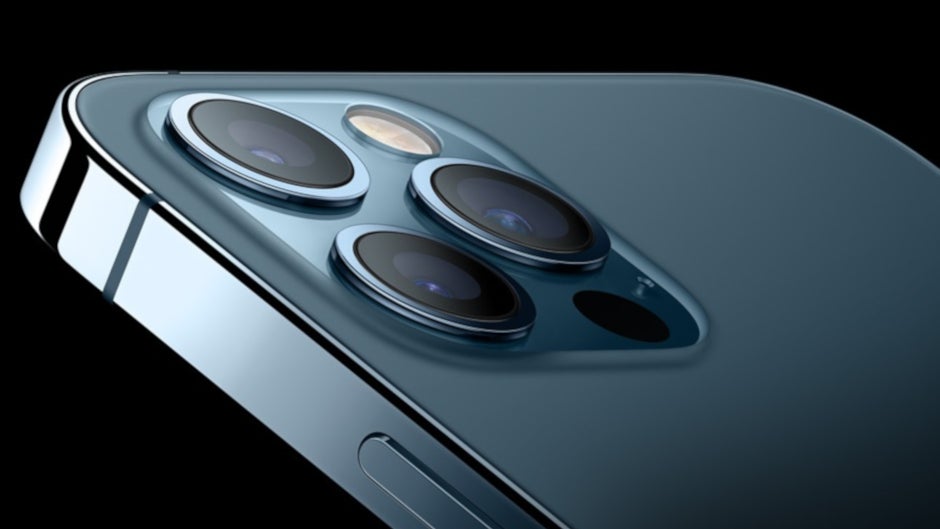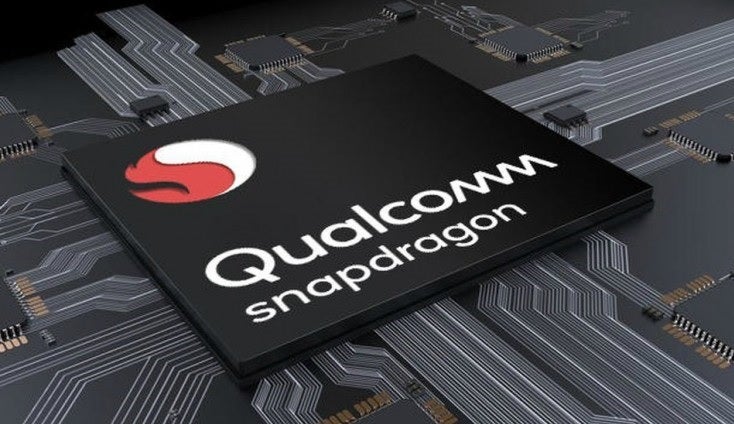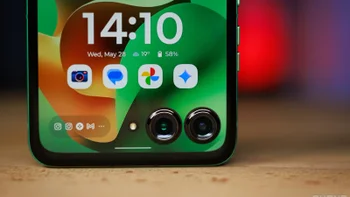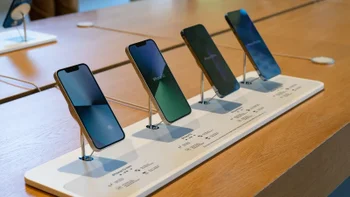5G modem chip for the Apple iPhone 13 will be made by the company's biggest rival

It seems so long ago when Apple and Qualcomm were suing each other constantly. Apple also complained about Qualcomm's questionable sales tactics and as a result, Apple was desperate to find a company to provide it with 5G modem chips. For a while, it appeared as though that company would be Intel, which had replaced Qualcomm as the supplier of 4G LTE modem chips for the iPhone.
Apple will reportedly use an improved Qualcomm 5G modem chip for this year's iPhone line
Truthfully though, Apple didn't trust Intel's 5G modem and eventually reached a settlement with Qualcomm that allegedly paid the chip designer $4.5 billion. The settlement resulted in both sides dropping all lawsuits against each other. Apple also received a six-year licensing agreement with a two-year extension, and signed a multi-year chip supply contract. But Apple ended up spending an estimated $1 billion to purchase Intel's smartphone modem business. This past December, Johny Srouji, Apple's senior vice president of hardware technologies, told company employees at a town hall meeting that Apple has started building its own modem chips for future devices.

Apple will reportedly use Qualcomm's Snapdragon X60 5G modem chip for the iPhone 13 series
If you want an iPhone with an Apple designed modem chip, you'll have to wait until 2023 at the earliest. According to MacRumors the latest rumor about the iPhone 13 series states that the phones will be equipped with a Qualcomm Snapdragon X60 5G modem built by Samsung. Unlike the Snapdragon X55 5G modem currently employed on the iPhone 12 line, the next generation modem chip uses a more powerful and energy-efficient 5nm process as opposed to 7nm, and will support carrier aggregation. The latter allows carriers to combine separate channels increasing bandwidth and allowing for faster data speeds. It also will allow the iPhone to aggregate data from both sub-6GHz and mmWave 5G signals at the same time. Not only will iPhone 13 users experience faster data speeds, they will also have lower latency thus improving the overall 5G experience.
Qualcomm has already moved forward with an even more advanced 5G modem chip, the Snapdragon X65. The component supports peak data speeds of 10Gbps although achieving such speeds is not yet possible in the real world. Instead, we should expect the Snapdragon X65 5G modem chip to be used by the iPhone no earlier than 2022 with enhanced support for both sub-6GHz and mmWave 5G. The latter delivers fast download data speeds but only travels short distances. This makes it perfect for dense areas like a city. It also will offer improved power efficiency and more. Apple's first in-house modem chip could be employed no sooner than 2023.
By making the chip in-house, Apple won't have to rely on a third-party firm for a key iPhone component. Apple never wants to be back in the situation it was in two years ago when it had to kiss Qualcomm's butt in order to get its 5G modem chips. This process will be no different than the steps Apple takes to make its A-Series chips and the new M1. Apple designs these components and since it doesn't own a fab, it sends the design over to the world's largest contract foundry, TSMC, to be produced. Eliminating Qualcomm from the equation also means that Apple won't have to put up with the chip designer's controversial method of selling chips. Who can forget the no license, no chips mantra that Qualcomm chants. Or the way Qualcomm calculates royalties based on the whole price of a phone instead of basing it on the cost of its part. Royalties have been capped at $400, but that is still more than the price of a Snapdragon chipset. And the company is also known for not licensing its standards essential patents. These are patents that companies need to license so that the products they make meet technical standards. These patents are supposed to be licensed using FRAND (Fair, Reasonable and Non-Discriminatory) terms.
Apple certainly must be looking forward to 2023 when it might be able to get rid of Qualcomm and count on its own 5G modem chips.
Follow us on Google News













Things that are NOT allowed:
To help keep our community safe and free from spam, we apply temporary limits to newly created accounts: